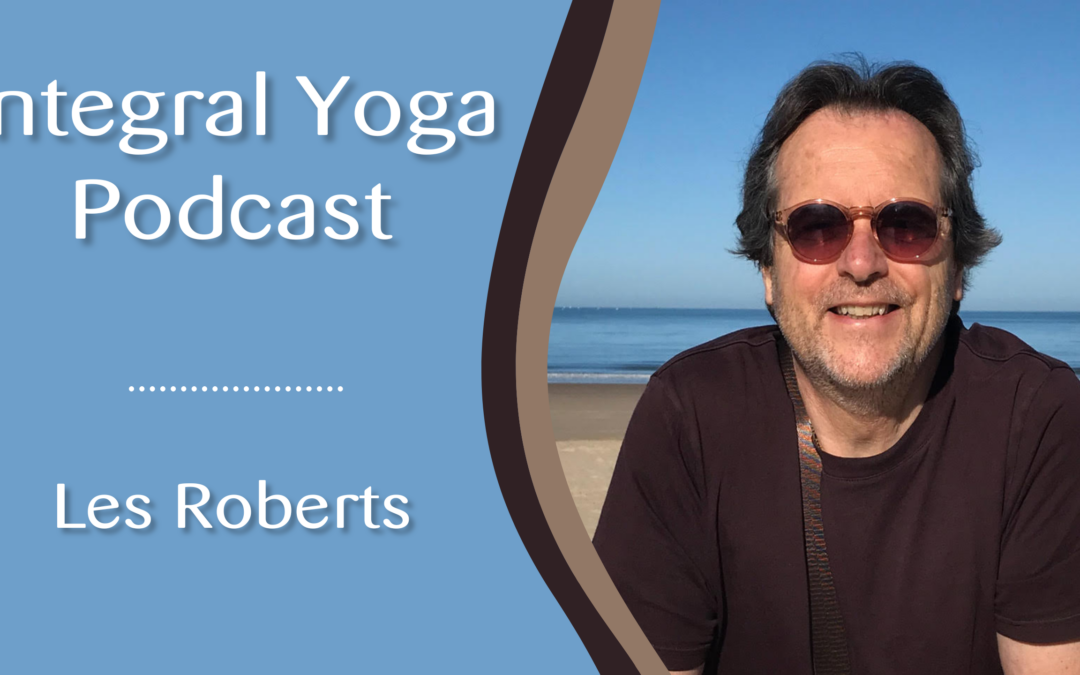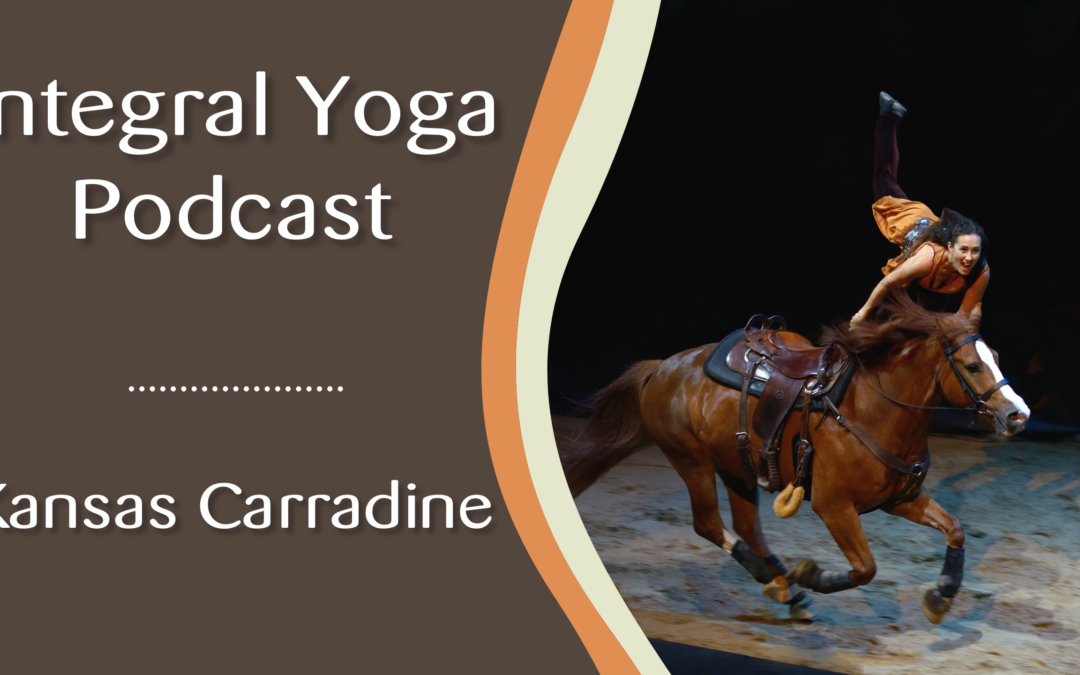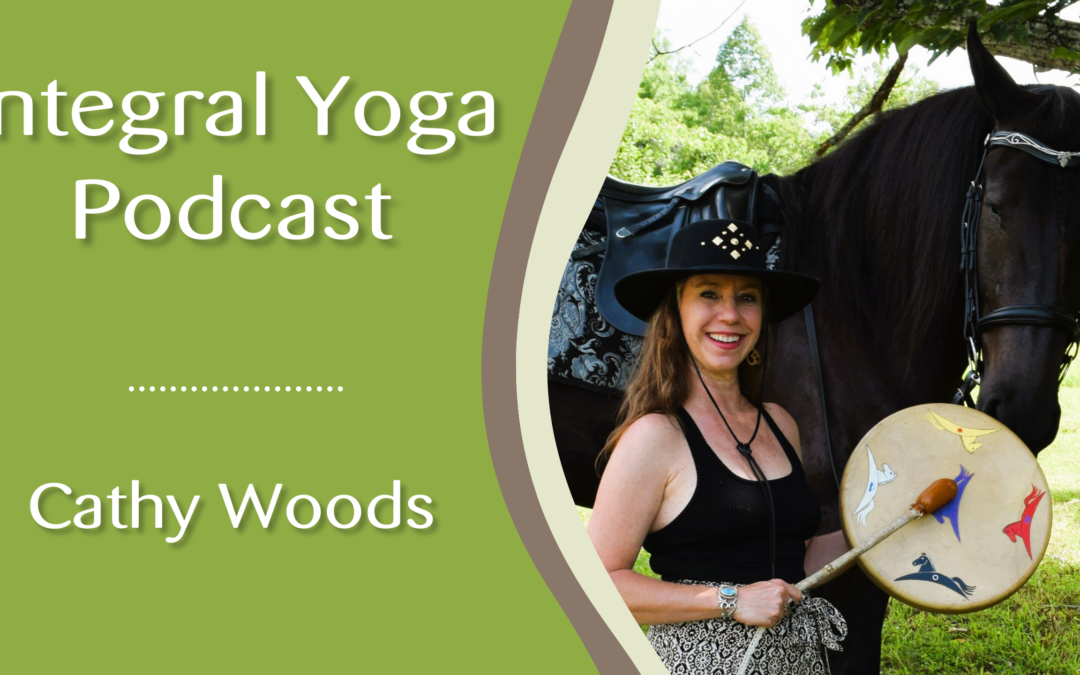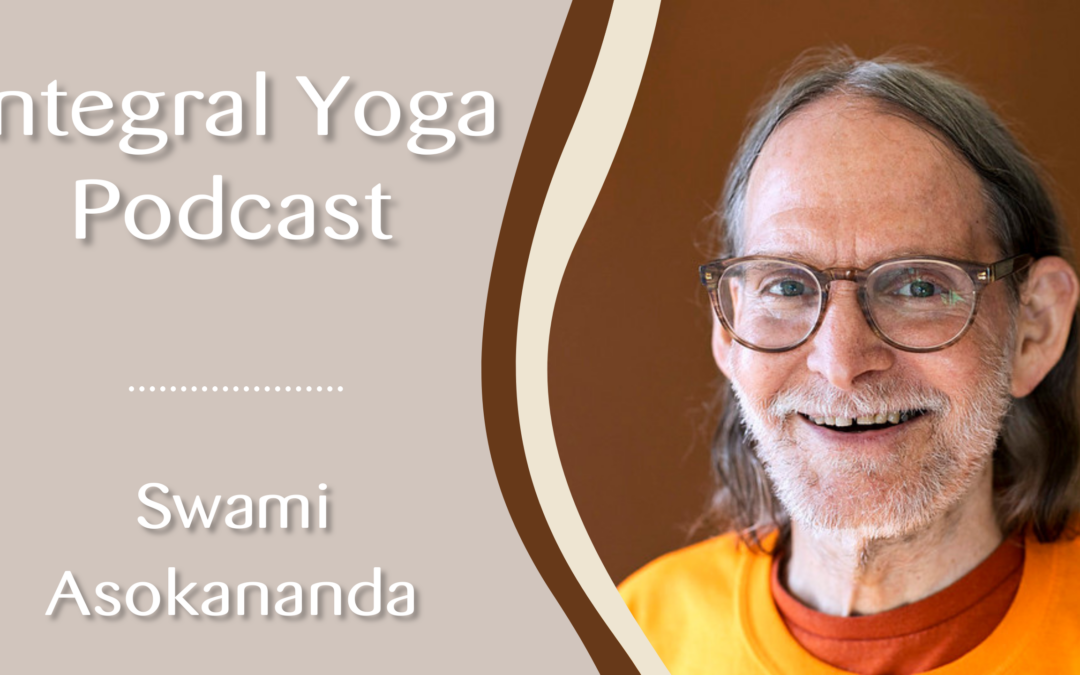Rachel discusses her philosophy of “Let’s Do Less,” advocating for slowing down in today’s fast-paced world. She emphasizes the power of doing less for self-care and healing, particularly in trauma work. Rachel explores the intersection of presence, genuine connection, and identity in self-care practices. She highlights the importance of being mindful of one’s biological experiences and emotions while navigating personal growth and well-being. — Rachel Jensen is a Licensed Massage Therapist, certified Health Coach through Duke University, 200 and 300 HR certified Integral Hatha Yoga Teacher, and is currently pursuing her certification in Somatic Experiencing- a body-based approach to dealing with trauma created by Peter Levine. A Licensed Massage Therapist for 18 years, Rachel is passionate about finding the connections between modern science, trauma research and the ancient practices of yoga, touch, and movement. In a practice focusing on trauma informed bodywork, especially as it applies to chronic conditions of pain, stress, anxiety, and disease, Rachel has seen first hand the way somatic practices like yoga and massage can encourage and support a client’s healing journey.

Why Simplicity Brings Inner Peace | #126 with Les Roberts
This conversation explores the importance of simplicity and authenticity in spiritual practice, emphasizing the value of honoring diverse paths while staying true to one’s own. It touches on balancing technology with awareness, fostering meaningful dialogue across...






